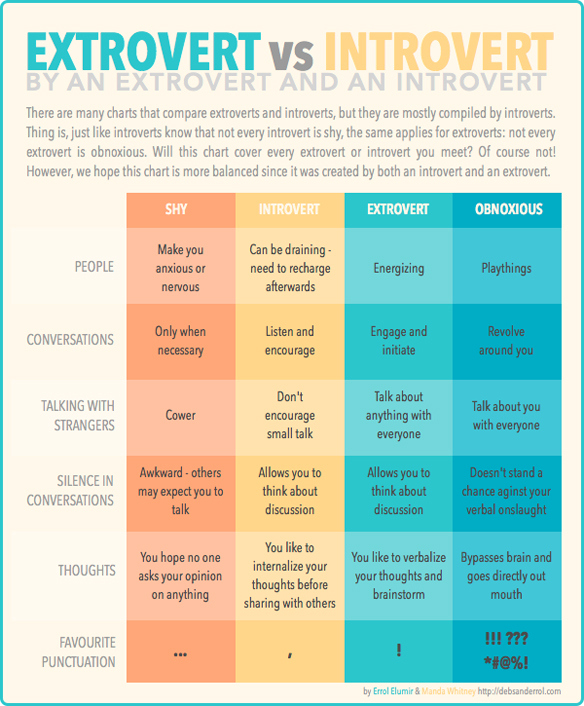There is no doubt that the world economy has undergone some dramatic and fundamental changes over the past decade. Jobs and careers which were once viewed as incredibly stable have become less so. Previously solid corporations have become vulnerable. One of the offshoots of the economic upheaval is the rethinking of the traditional and somewhat time honored definition of “having a career.”
The number of individuals opting out of the traditional career path continues to grow. One of the reasons often cited is the desire to have one’s fate in their own hands, rather than be at the mercy of a company or corporation. Most of these workers refer to themselves as “self-employed” rather than “entrepreneurs.” This distinction is rooted in the traditional, and now outdated, definition of entrepreneur.

Business icons like Andy Beal, Mark Cuban, and Bill Gates embodied the traditional entrepreneurial spirit; but the fact is that any person that strikes out on their own, whether with a small landscaping firm or an IT company with huge potential is an entrepreneur.
Most of the literature available for prospective entrepreneurs stresses the importance of preparation. The emphasis is on market research, developing business plans, and using and raising capital. They leave out one of the most important keys to success; is your personality type suited for the type of business you want to start?
The Big Five
Psychologists have a tendency to put people into groups. Ongoing studies have identified the five dimensions of personality. These five broad domains are known within the field as the Big Five.
The Big Five; openness, conscientiousness, extraversion, agreeableness and neuroticism, are broad personality traits that are found in varying degrees in everyone without regard to culture, demographics, or gender. While each global factor has underlying and very specific correlated factors beneath them, the Big Five are relatively easy to access in individuals though observation, self-descriptions, and interviews.

Each component of the Big Five is broad, but not overlapping, and universal. This allows for relatively easy and accurate self-assessment. An honest look at your personality make up, using the Big Five can be a valuable tool when starting a new career or venture, or even when looking to improve your performance in your current position.
The first step is understanding each component of the Big Five.
1. Openness
While sometimes incorrectly related to intellectualism, openness is a measure of an individual’s curiosity and creativity. Open individuals prefer novelty, are more imaginative, and prefer variety over strict routines. Many descriptions of the openness factor include the individual’s appreciation of arts and culture in addition to a fairly liberal mindset. While those aspects are indeed often part of the open personality, one can be open, curious, and inventive without a corresponding interest in arts or other cultural pursuits.
2. Conscientiousness
This aspect shows the correlation between efficient and organized versus easy-going and careless. The more conscientious an individual, the more organized and dependable he is. Those with high scores in this area are generally more disciplined and dutiful. They eschew spontaneous behavior for the planned and generally set high achievement goals. This is one area where age seems to play a factor as the conscientiousness scores seem to rise in younger adults and decline in older ones.
3. Extraversion
Those with high extraversion scores show a lot of positive emotions, assertiveness and energy. They prefer the stimulation provided by working and interacting with others rather than solidary pursuits. Those that show a low degree of extraversion, introverts, are often incorrectly characterized as shy, depressed, unfriendly and antisocial. Introverts simply need less external stimulation and prefer more time alone. Introverts have a higher degree of independence than those with high extraversion scores.

4. Agreeableness
This is basically a measurement of one’s compassion versus detachment. Those with high scores in this area are generally more trusting and helpful as well as more even-tempered. Those with lower scores in this area can often be seen as antagonistic toward others. Agreeableness is one personality trait that is strongly influenced by those surrounding the individual. It is also one whose values are determined by the type of enterprise. Leaders in most businesses and endeavors with high levels of agreeableness are seen as transformational. However in highly structured and hierarchical organizations like the military, a high level of agreeableness results in lower leadership ratings.
5. Neuroticism
This is a measure of the emotional stability and impulse control of the individual. Those with high scores tend to experience emotions such as anxiety, depression and anger easily. They also have a more pessimistic approach to work and personal relationships. High scoring individuals in this area have difficulty thinking clearly, making decisions and cope with stress badly.

Using the Big Five
Before undertaking a new venture it is helpful to perform a critical and candid assessment of your personality makeup based on the Big Five.
One of the reasons many choose the entrepreneurial or self-employment path is to achieve a sense of accomplishment and satisfaction. Too often people choose a venture or business based on the income potential. While financial success is a desired outcome of any venture, it is not the only measure of success. We all know people that have achieved a level of financial security but are truly miserable in their work life. As an entrepreneur, success is measured in terms of self-satisfaction, quality of life and financial success. Sitting in a home office writing computer code may be lucrative, but it is a poor choice for the individual with high extraversion scores. Project management can be a poor choice for those scoring high in the openness area.
It is important to realize that there are no “wrong” or “bad” characteristics. If you are an open introvert, look for the venture that suits you. Likewise if you score yourself as low on the Conscientiousness level and high in Neuroticism, entering a venture that is highly structured and stressful will likely result in failure.
An Example
To show you how these factors are indeed universal, we will select a profession that is the epitome of an entrepreneurial enterprise; a professional poker player.
Tens of millions play poker regularly and many of them are fairly successful. Is in not unusual to hear players talk about “going pro” as the lifestyle as portrayed in the media and in books like Play Poker, Quit Work and Sleep till Noon. While the desire is prevalent, the number of players deciding to turn pro is only a small fraction of those that play the game on a recreational or amateur basis regardless of their results.
Poker players by nature have a remarkable ability at accurate self-assessment, and while they may not consciously be applying the Big Five to their game, they use the concept well. In fact PokerStars, known for being the world’s largest online poker site and the sponsor of many of the world’s most successful professional players, recently compiled an infographic showing the personality traits of poker players.

The infographic provides not only an overview of one entrepreneurial endeavor; it serves as a perfect example in how to perform your own self-assessment.
The desire to be one’s own boss is a very valid one. Give yourself the best chance of success. Before starting a business plan, before raising capital, and before you start the necessary research; spend some quality time in self-assessment with the Big Five.

